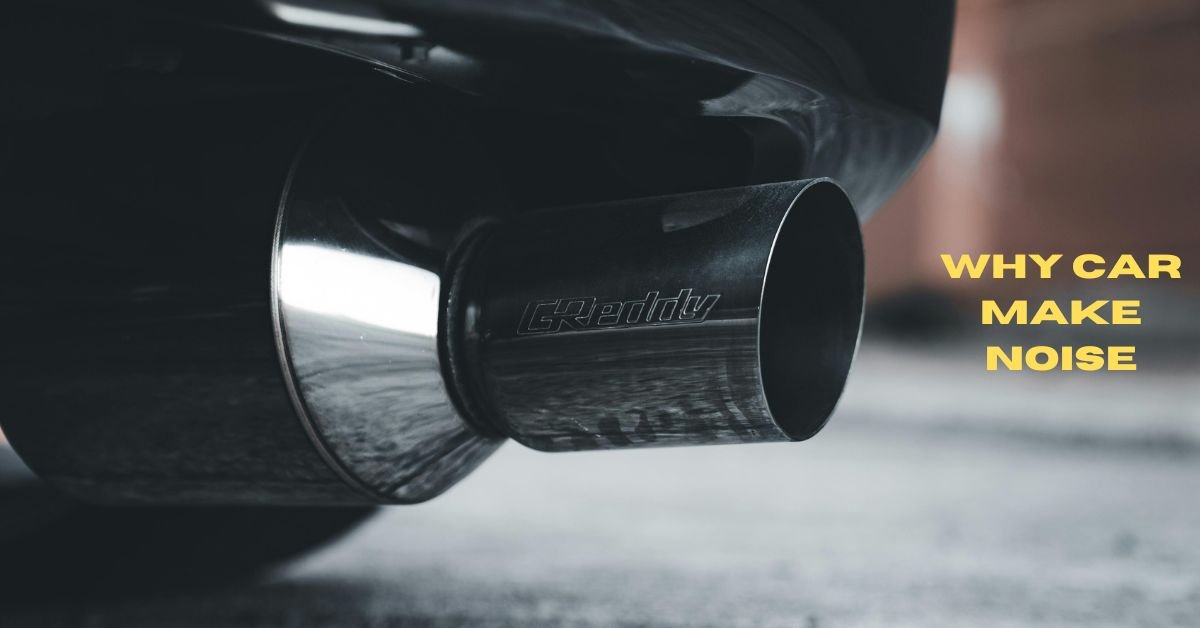If you’ve ever noticed a strange noise coming from your car while turning, you’re not alone. This common issue can be concerning for drivers, but understanding the potential causes can help you identify the problem and decide whether it’s something that requires professional attention. In this blog post, we will explore some of the most common reasons why your car might make a noise when turning, and what you can do about it.
Why Does My Car Make a Noise When I Turn?
1. Worn-out Power Steering Components
One of the most frequent culprits behind a noise when turning is the power steering system. The power steering pump, steering rack, or the steering belt might be worn out, damaged, or leaking fluid. When any of these components become worn or lose fluid, it can result in a whining or squealing noise when you turn the steering wheel.
What to do: Check the power steering fluid levels and top them up if they’re low. If the fluid is clean and at the right level, but the noise persists, it could indicate a more serious issue with the pump or other components, in which case you should consult a mechanic.
2. Faulty CV Joints (Constant Velocity Joints)
Another common cause of noise when turning is worn-out CV joints. These are responsible for transferring power from the engine to the wheels while allowing the wheels to turn at different angles. When a CV joint begins to wear out, you may hear a clicking or popping sound, particularly when turning sharply. The noise usually gets worse as the joint deteriorates further.
What to do: If the noise is accompanied by vibrations or difficulty in turning, it’s a strong sign that the CV joint needs to be replaced. Have a mechanic inspect the joint for damage, as ignoring this issue can lead to further damage to the axle or other parts of the drivetrain.
3. Worn Suspension Components
Your car’s suspension system is made up of various parts such as ball joints, control arms, bushings, and struts, all of which are crucial for providing a smooth ride and supporting your car’s weight. If any of these components are worn out or damaged, you may hear creaking, popping, or clunking sounds when turning the steering wheel.
What to do: Suspension issues can be tricky to diagnose on your own. If you notice any unusual noises or a change in handling, it’s best to have your car inspected by a professional. They’ll check the suspension components and recommend repairs if necessary.
4. Low or Old Brake Pads
Although brake pads are designed to make minimal noise, when they become worn out or are exposed to other issues like contamination or improper installation, they can create squealing, grinding, or scraping sounds. When turning, the weight distribution shifts, causing the brake pads to rub differently, which could intensify the noise.
What to do: Inspect your brake pads regularly. If they are worn out or damaged, replace them immediately to avoid further damage to your braking system.
Must Read: How To Remove Mold From Car?

5. Steering Rack Issues
An integral component of your vehicle’s steering system is the steering rack. It converts the rotational movement of the steering wheel into the turning motion of the wheels. Over time, the steering rack can wear down, and you might hear groaning, squealing, or whining noises, particularly when you’re turning left or right.
What to do: A failing steering rack often leads to problems with steering responsiveness and can affect the safety of your vehicle. If you notice unusual sounds or difficulty steering, get your vehicle checked by a mechanic. The rack may need to be replaced or repaired.
6. Tire Issues
Sometimes, the noise you hear when turning is as simple as an issue with your tires. If the tires are misaligned, worn unevenly, or have low air pressure, they can produce a humming, squealing, or thumping sound, especially when turning. Misaligned tires cause uneven wear, which can amplify these noises.
What to do: Check the tire pressure and tread wear regularly. Make sure your tires are balanced and inflated correctly. If they appear unevenly worn, an alignment or new tires may be required.
7. Wheel Bearings or Hubs
Your car’s wheel bearings allow the wheels to rotate smoothly. When these bearings start to fail, you might hear a grinding, whining, or growling noise, particularly when turning. The noise can become more pronounced as the bearing continues to degrade.
What to do: If you suspect a problem with the wheel bearings, it’s important to have them inspected and replaced as soon as possible. Failing wheel bearings can lead to more severe damage to your car’s wheels and axles.
Conclusion
A noise when turning can be caused by a variety of issues, ranging from minor concerns like low power steering fluid to more serious problems like worn-out CV joints or faulty suspension components. While some noises might be relatively harmless, others may indicate significant mechanical issues that could affect the safety and performance of your car.
If you notice unusual sounds when turning, it’s always a good idea to have your vehicle inspected by a professional mechanic. Early diagnosis and repairs can help prevent further damage, save you money in the long run, and keep you safe on the road.
Stay on top of routine maintenance, and don’t ignore strange sounds – your car will thank you for it!
